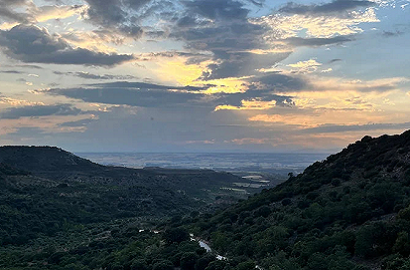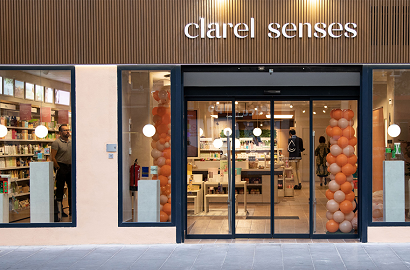Hydro to build aluminium recycling plant in Guadalajara

The Norwegian company will invest between 130 and 140 million euros and will create 65 direct jobs
Norwegian company Hydro, which specialises in producing aluminium, renewable energy and batteries and recycling metal, has closed a deal to purchase land in Torija (Guadalajara). It will use the land to build a state-of-the-art aluminium recycling plant. The goal is to improve Hydro’s low-carbon aluminium production capacity and boost the recovery of this material from waste in Europe.
The project will entail an investment of between 130 and 140 million euros. This figure includes the final design of the facilities, market conditions and macroeconomic development. The final decision on the investment will be taken at the end of the year. The company has announced that the plant will have an annual production capacity of 120,000 tonnes and will create around 65 direct jobs.
Required energy
Two types of aluminium will be produced at the Torija plant. One of these will be the Hydro Circal model, which uses at least 75% recycled materials, drastically reducing the amount of energy required to produce it and without affecting its quality. Each ingot has a carbon footprint of less than 2.3 kilos per kilo of aluminium, one of the lowest on the market.
The other product to be manufactured at the new facility will also be low-carbon recycled aluminium with a carbon footprint of less than four kilos per kilo of aluminium. This plant will complement production at the company's facility in Azuqueca de Henares (Madrid), just 30 kilometres away.
Growing market
According to Hydro Aluminium Metal's Executive Vice President, Eivind Kallevik, "the European and Iberian aluminium market is still growing. That's why this investment will be an important step towards achieving Hydro's ambition to recycle more post-consumer aluminium, strengthening our position to capture value from the growing demand for greener and more circular aluminium.”
Aluminium offers advantages because of its versatility and properties. These properties, such as its light weight and the possibility of recycling it in an infinite cycle without any loss of quality, explain its wide use, e.g. in electric vehicle components, renewable energy installations and energy-efficient building systems.
An opportunity for Europe
Kallevik explains, "Since aluminium is infinitely recyclable, keeping post-consumer scrap in the cycle is crucial, as recycling requires 95% less energy than primary production. Increased post-consumer scrap recycling is an opportunity for Europe to secure internal access to aluminium, which is a strategic issue in view of the many crises facing Europe."
Hydro estimates that the demand for aluminium will grow by 3% per year until 2030 in its main markets. The figure will be higher for recycled aluminium, hence the company's insistence on keeping scrap in Europe. Approximately one million tonnes of aluminium scrap currently leaves the continent each year.
Photo: Hydro




